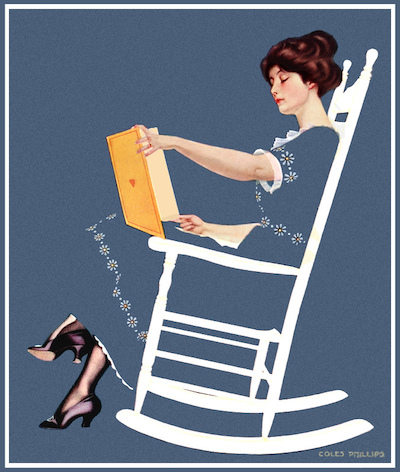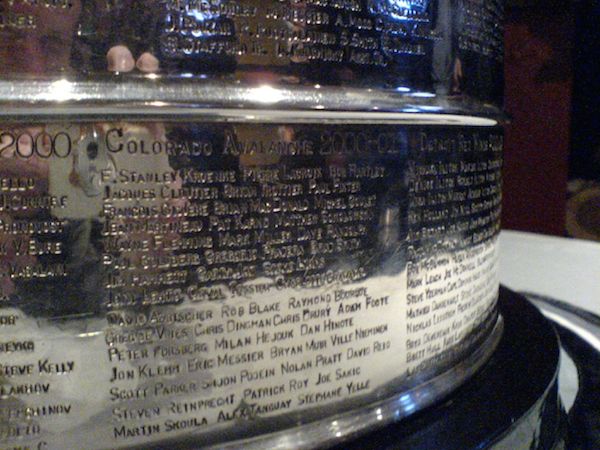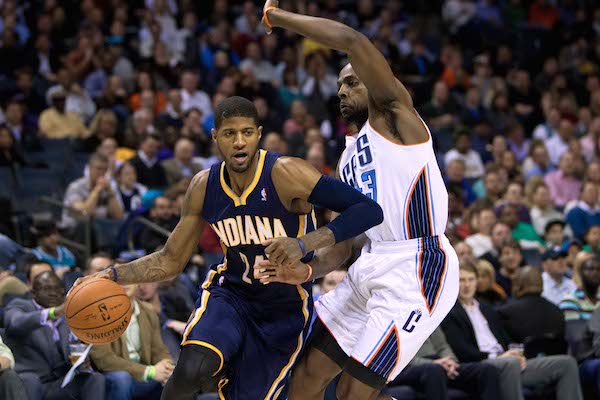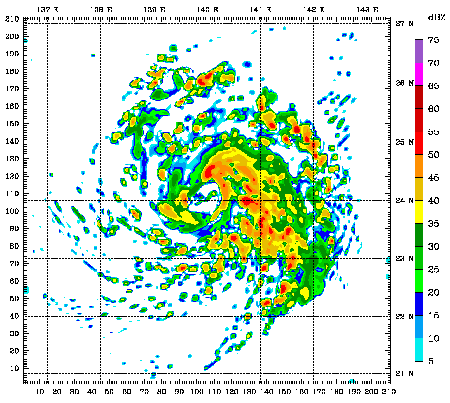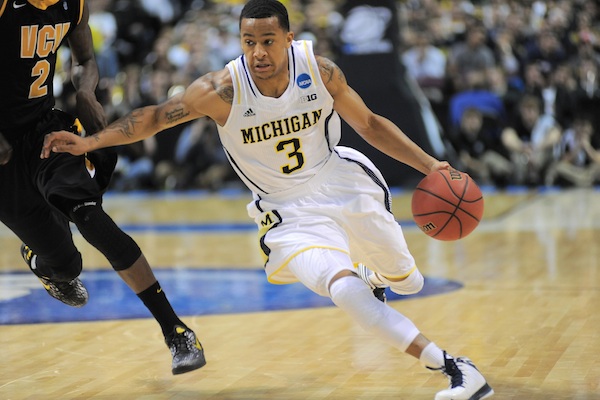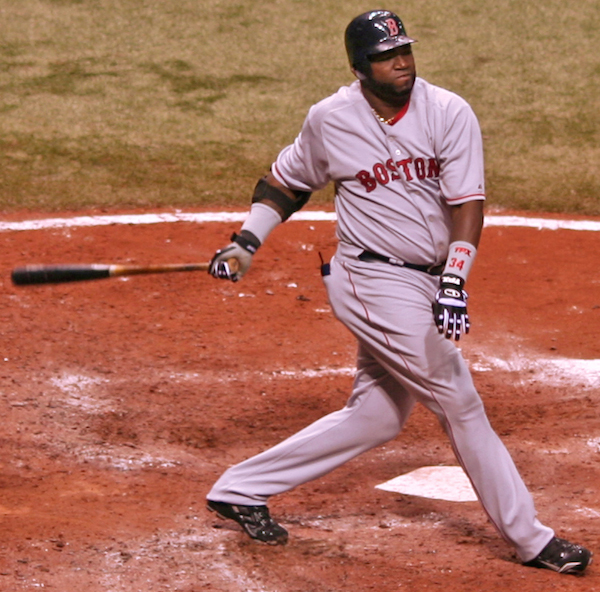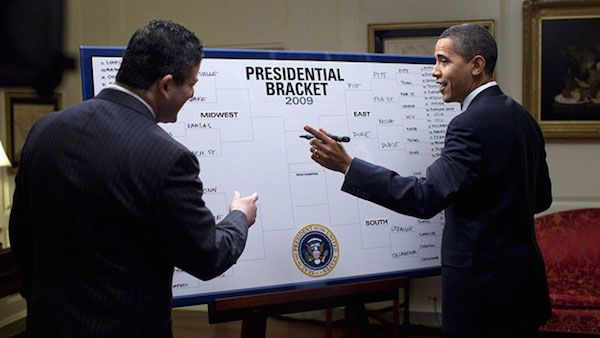When people ask me why I’m so interested in sports, one of my stock replies is that I love games. I’m just compelled by competition driven tactics. I could easily have found myself as interested in politics or chess or Settlers of Catan or poker. And if I had found myself with a different passion, one of the key rewards I get from following sports would have been equally present: learning about the lives of very interesting people. If you get deep enough into any avocation, you follow what is written about it quite closely. If there are talented writers working on the topic, as there are in almost every area, but particularly in sports, it seems, then what you often get are amazing stories about people’s characters, about their lives, the things they create and the things that happen to them. This week, the two articles that popped through my screen and into my head were both articles about tragedies that ended in death. Both are fascinating and emotional but rewarding to read.
Jason Rabedeaux was here
by Wright Thompson for ESPN
We all know what happens to you if you succeed in sport; the champagne, the adulation, the screamingly high salaries, the respected position in society. What’s less frequently seen is what happens if you fail, especially after having some early success. Falling from grace in this way is always painful but for some people, it can be downright dangerous. That’s how it was for basketball coach Jason Rabedeaux whose life ended recently.
Saigon can be a dangerous place, not only because of what someone might do to you there but because of what you are allowed to do to yourself. People and their intentions come whole and leave broken. Every vice is for sale: cheap beer, snake liquor and easily scored hard drugs; private clubs where women are for rent hide above parking garages, and streetwalkers stand alone in the neon rot of crumbling doorways. There are still opium dens, like something from a 19th-century travel novel. Shame and regret grow faster than the mold creeping in wide tongues up the narrow slum alley houses. This is where the universe, with its vicious sense of humor, summoned Jason Rabedeaux in late 2011. It was the only coaching job in the world he could get.
War, Auschwitz, and the tragic tale of Germany’s Jewish soccer hero
by Brian Blickenstaff for Vice Sports
Sometimes people can be overwhelmed by events, like in our first story. Other times events strike with such force that personal character, strengths, weaknesses, even achievements like fame and wealth are swept away like they meant nothing. World War II and the Holocaust were events that swept through people’s lives and destroyed them with virtually no consideration for their individuality. We know that to be true but its still incredible to read about it happening to a true German soccer hero like Julius Hirsch.
Over the next five years, Hirsch, Fuchs, and another KFV player, Fritz Förderer, would become the country’s most famous attacking unit. They’d win titles and, with them, the loyalty of thousands of fans. They’d represent Germany in international matches across Europe, playing against some of their country’s biggest rivals, past and present. By World War I, they’d rank among Germany’s greatest ever sportsmen—and they’d return from that war as heroes both on and off the soccer field. But by World War II, Hirsch and Fuchs would be almost completely forgotten, their accomplishments erased, their lives discarded.
Fuchs and Hirsch were, respectively, the first and second Jewish players to ever represent the German national team. There have never been any others. Fuchs would escape the Holocaust. Hirsch would not. For years after his death, it was almost like he never existed at all.

